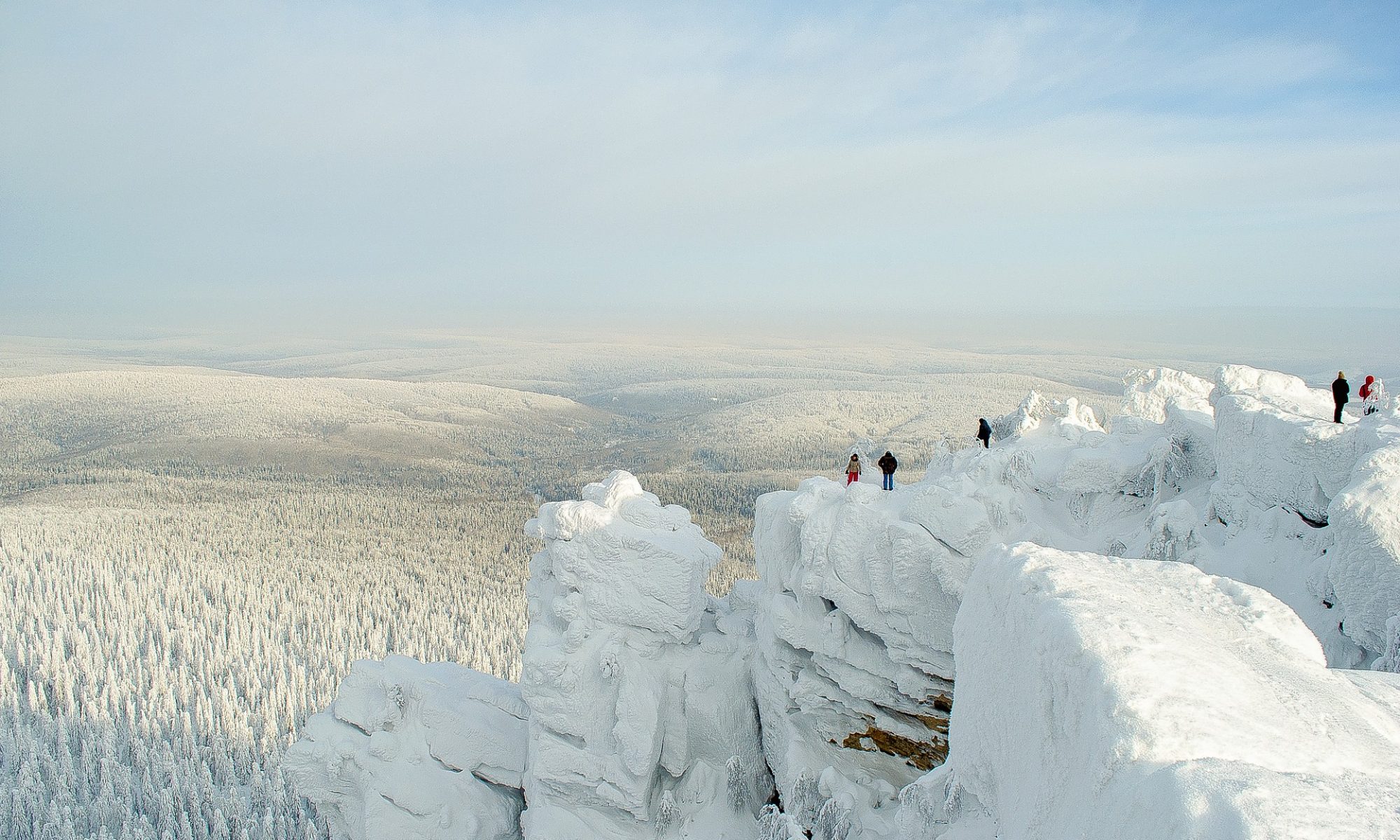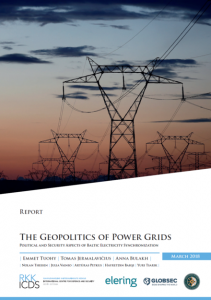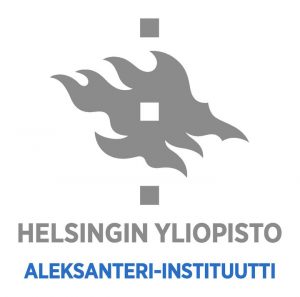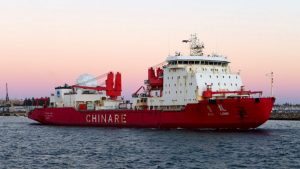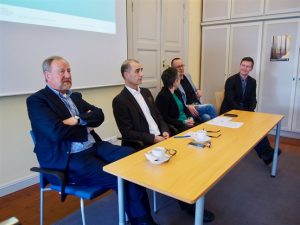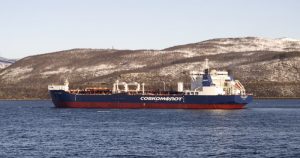Read a new article titled “EU-jäsenmaat pohtivat vastatoimia – näin Venäjä voi yrittää vaikuttaa Suomen linjaan” (EU-member states are thinking of counter-measures – this is how Russia can try to influence Finland’s line) by Ilta-Sanomat, featuring Professor Tynkkynen’s comments:
“We in Europe and in the rest of the world want to rely on law, justice and democratic decision-making. Such measures are poison for unity. It is necessary to have a value discussion on how to respond to this.”
You can access the full article from the newspaper’s web-page.

